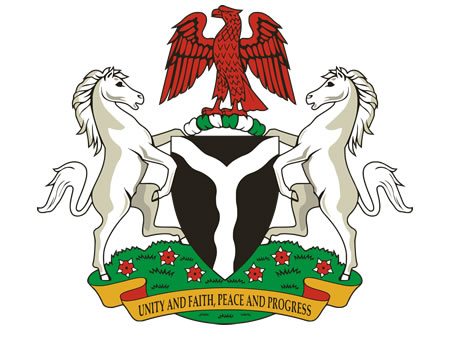U NLOCKING Nigeria’s greatness can sometimes look as simple as flipping a coin – that is how blessed my country is – but making that flip remains problematic as the two contexts below illustrate. First, Nigeria’s Eurobond, part of Federal Government’s strategy to fund 2017 budget, was oversubscribed to by almost 800%. However, N2.9tn (40% of the nation’s budget proposal) will service non-debt recurrent expenditure. This amount exceeds, by almost N1tr, the total expected oil revenue of N1.985tn for 2017.
Second, we have a health crisis, the socioeconomic burden that confronts us daily through news of premature deaths are due largely to causes that are preventable. Our health crisis is only kept in check for now by two factors: estimated figures are that our birth rate eclipses death rate by almost 300% and we are fortunate that there are international grants available for fighting top killer diseases in Nigeria. Take malaria for instance, since 2005, more than 80% funding for malaria interventions have come from external sources like UNICEF, World Bank, USAID, and Global Fund. The question is: what if those sources stop funding intervention in Nigeria?
The first context paints a picture of excess and the second fills imagination with abscess – too much in one place and too little at the other. We need a flip, something that will shift Nigeria’s resource allocation-efficiency from ‘top-down’ to ‘bottom-up’. This is where my policy team and I found the National Health Act (2014) somewhat magical as a tool that can foster bottom-up innovative change in Nigeria.
Apart from the Petroleum Industry Bill, the NHA should rank next on the list of the most controversial bills since 1999. After all interests have been considered fairly, the Act has become one instrument that commands the buy-in of all stakeholders and therefore a tool that any serious government should exploit for national transformation.
The potential of this Act to flip the proverbial coin is rooted in the consensus that its impact is strongest at the primary healthcare level due to the proposed Basic Health Care Provision Fund, 50% of which will finance “basic minimum package of health services to citizens”. According to our analysis, its implementation promises three transformative potentials, in addition to many other derivative benefits.
First, it will roll back the increasing burden of health in our society. If health is wealth, then the process of rebuilding the Nigerian society should take the healthy route. Today, conditions once deemed as rich man’s diseases’ – cancer, hypertension, and diabetes – are commonplace and to most families, they are what a death sentence is to a convict. According to WHO fact file on Nigeria, 66% of deaths in Nigeria are caused by communicable diseases, maternal and child mortality, and nutritional conditions. 24% of deaths are caused by non-communicable diseases (NCD), chief of which are cancers, diabetes, cardiovascular and respiratory diseases.
In Oyo State, for instance, according to our findings, the Disease Management Scheme [DMS] in most of the Primary Health Centres [PHC] in our 33 LGAs are below par and the Ministry of Health Drug Stock Level is approximately 30%, thus, the problem of inaccessibility to drugs is prevalent. Also, the current capacity and availability of medical laboratories in the state is less than 20%, and there is lack of monitoring and evaluation of services, alongside acute personnel shortage and dilapidated infrastructures. All these will change with NHA.
Second, it will boost patriotism because funding citizens’ healthcare will become a ‘first line charge’ account. The NHA provides that at least 1% of the Consolidated Revenue Fund (CRF) be dedicated to the Basic Healthcare Provision Fund. This is another magic in the Act to flip the proverbial coin I referred to earlier. This is, perhaps, the first legislation that will so honour Nigerian citizens with such premium as a guaranteed or statutory access to the CRF.
Third, it will restore governance to the path of phased development plan. Nigeria was making steady progress up till the second national development plan. We have been wobbling since then from one plan to another. A consistent commitment to the implementation of NHA 2014 will ensure steady development of the health sector which will have a positive spill over effect in other sectors.
Clearly, the benefits of this Act to national development far outweigh its drawbacks and it is a litmus test for any government that claims to be driven by populist interest. I therefore appeal to all Nigerians, the National Assembly, and international partners to commit to actions that will put its implementation on the front burner.
- Makinde, can be reached at: abiodunmakinde@aol.om





